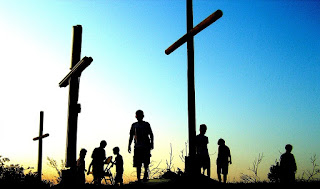Dangers Facing Assembly Leadership

by Stephen Hulshizer (1941-2019) In my travel among the assemblies it is evident that the general spiritual condition of many of them is poor. Attendance is often a small portion of those who would claim to be in fellowship. Worldliness has made inroads and it is manifested in a lack of commitment to the local assembly and by a strong commitment to careers, hobbies, sports, and recreation. Another very evident need is for godly oversight, men who are committed to caring for the Lord’s people even though it means great personal sacrifice. In many assemblies there is no identifiable leadership and the Lord’s people go from week to week like sheep without a shepherd. In other gatherings there are those who have been identified as elders, but who do little or none of the work involved in shepherding the Lord’s people. Thankfully, there are those assemblies with identifiable and godly overseers who with personal sacrifice care for the sai...






